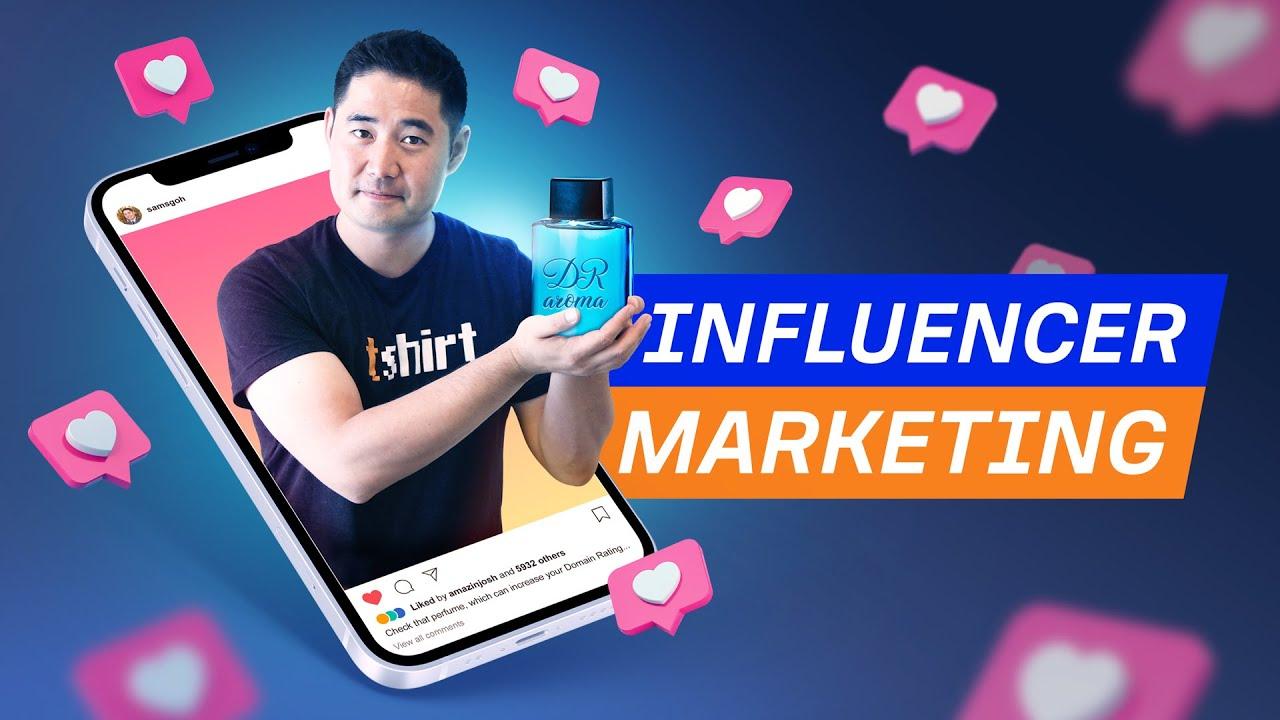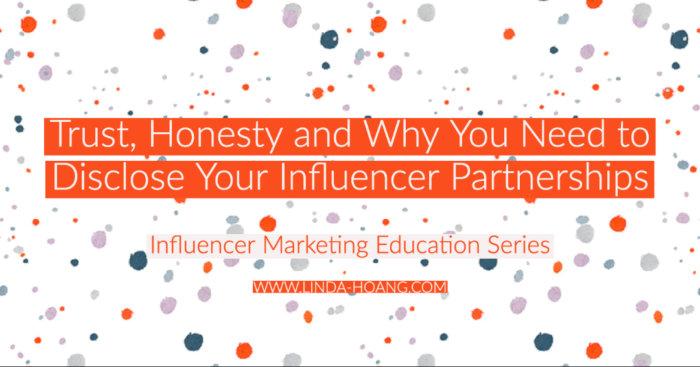
In the vast and dynamic landscape of digital marketing, YouTube has emerged as a powerhouse platform that bridges creativity and commerce. With millions of creators showcasing their talents, lifestyles, and expertise, the allure of influencer marketing on this platform has captivated brands eager to engage with their target audiences in authentic and compelling ways. However, as the nexus of influence and advertisement thrives, so too does the complexity of the legal framework surrounding it. navigating YouTube influencer marketing requires more than just a clever campaign or captivating content; it demands a keen awareness of regulations, disclosures, and intellectual property rights. In this article, we will delve into the essential legal insights that brands and influencers must consider to establish successful partnerships while steering clear of potential pitfalls. Whether you’re a marketer looking to amplify your strategy or an influencer seeking to monetize your channel responsibly, understanding the legal landscape is crucial in making informed and ethical decisions in this vibrant digital arena.
Understanding the Regulatory Landscape of Influencer Marketing
The regulatory landscape surrounding influencer marketing, especially on platforms like YouTube, is becoming increasingly intricate. As brands turn to social media influencers for more authentic marketing strategies, governing bodies are stepping up to ensure transparency and consumer protection. Key elements for influencers to consider include:
- Disclosure Requirements: Influencers must clearly disclose paid partnerships or sponsorships to their audience. This typically involves using hashtags such as #ad or #sponsored.
- Consumer Protection Laws: Regulations exist to prevent misleading advertisements. Influencers should ensure their content is not deceptive regarding the products they promote.
- Platform-Specific guidelines: Each platform, including YouTube, has its own set of community guidelines that influencers must adhere to, which may impact their content strategies.
To illustrate the evolving requirements, we can look at some of the pivotal regulations and their implications:
| Regulation | Description |
|---|---|
| FTC Guidelines | Mandate clear disclosure of material connections between brands and influencers. |
| GDPR (EU) | sets strict rules on data protection, impacting how influencers collect and manage user data. |
| Advertising Standards | Ensure that claims made in advertisements are truthful and substantiated. |

Crafting Compliant Content: Best Practices for YouTube Creators
In the age of digital marketing, YouTube creators must prioritize compliance to maintain trust with their audience while avoiding legal pitfalls. Crafting compliant content requires a thorough understanding of FTC guidelines, which dictate that endorsements and sponsored content must be clearly disclosed. Creators should utilize prominent visual cues,such as “#ad” or “Sponsored”,within the video itself and in the description. This transparency not only keeps influencers within legal boundaries but also fosters a more authentic relationship with viewers.
Moreover, creators should be mindful of intellectual property rights, ensuring that all music, images, and footage used are either original or properly licensed. Collaborating with brands often leads to specific requirements regarding messaging and presentation; adhering to these guidelines strengthens the partnership. here are a few best practices for producing compliant content:
- Use clear and consistent disclosures: Place them at the beginning of the video and repeat them as necessary.
- Keep documentation: Maintain agreements and interaction with brands for future reference.
- Review policies periodically: Stay updated on YouTube’s evolving community guidelines and FTC rules.

Contracts and Agreements: Key Elements to Protect Your Brand
When engaging with influencers on YouTube, it’s essential to draft contracts and agreements that clearly define the roles and responsibilities of all parties involved. Key elements of such contracts include scope of work, which delineates specific deliverables, and payment terms, specifying amounts and timelines for compensation. Outline the content ownership rights to avoid disputes over who retains rights to the creative material produced.Additionally, incorporating a morality clause can safeguard your brand by granting the ability to terminate the agreement if the influencer engages in behavior that could harm your reputation.
Equally critically important is the inclusion of dispute resolution mechanisms, which should detail how conflicts will be addressed, whether through mediation, arbitration, or litigation. brands should also consider adding non-disclosure agreements (NDAs) to protect sensitive information shared during the collaboration. To emphasize these parameters, here’s a concise table summarizing the essential elements of contracts in influencer marketing:
| Contract Element | Description |
|---|---|
| Scope of Work | Details the specific deliverables and content expectations. |
| Payment Terms | Outlines compensation amounts and schedules. |
| Ownership Rights | Clarifies who owns the content created. |
| Morality Clause | Allows termination based on unacceptable conduct. |
| Dispute Resolution | Specifies the process for handling conflicts. |
| Non-Disclosure Agreement | Protects confidential information shared during the partnership. |

Disclosing Partnerships: Navigating Transparency in Sponsored Content
In the ever-evolving landscape of influencer marketing, especially on platforms like YouTube, transparency regarding partnerships is not just a legal requirement; it’s a crucial element for maintaining audience trust. As brands increasingly turn to influencers for authentic engagements, creators must disclose their sponsorships clearly. This can be accomplished through various methods,ensuring that audiences are not left questioning the motives behind the content they consume. To facilitate this process, influencers should consider the following best practices:
- Use clear language: Phrases like “paid partnership” or “sponsored by” should be prominently featured in video titles or descriptions.
- Visibly disclose: Place disclosures at the beginning of the video or within the first few seconds to ensure they capture attention before the content begins.
- Consistency is key: Always disclose regardless of contract stipulations or the perceived scale of the partnership.
Moreover, understanding the legal implications of sponsorship transparency is essential for both influencers and brands. Regulatory bodies, such as the Federal Trade Commission (FTC) in the United States, have laid down clear guidelines to ensure that disclosures are not only visible but also comprehensible. Here’s a simplified overview of crucial guidelines:
| Guideline | Description |
|---|---|
| Timing | Disclosures must be made before or during the content, not just at the end. |
| Visibility | Text or verbal disclosures should be easy to see and hear, regardless of the platform’s format. |
| Clarity | use language that the audience will easily understand to eliminate ambiguity. |
Insights and conclusions
As we draw the curtain on our exploration of YouTube influencer marketing and the intricate legal landscape that accompanies it, it’s evident that success in this dynamic arena requires more than just creativity and charisma. Navigating these waters demands a keen understanding of the legal frameworks that govern disclosures,copyright,and contractual agreements. The interplay between innovation and regulation may seem daunting, but it also offers a unique possibility for brands and influencers to cultivate genuine, transparent relationships with their audiences.
In an ever-evolving digital sphere, staying informed is paramount. As you embark on your own journey through influencer marketing, remember that the rules of the game are not merely obstacles to overcome; they are the foundations upon which trust and authenticity are built.Armed with the insights we’ve shared, you can tread confidently, ensuring that your marketing efforts resonate positively amidst the noise of the online world.
so, whether you’re a brand seeking to collaborate with influencers, an aspiring content creator, or simply an enthusiastic observer, may you continue to embrace the potential of influencer marketing while upholding the principles of fairness and accountability. In this vibrant digital ecosystem, the path forward is not just about engagement and reach, but also about crafting a narrative that respects both the audience and the creators behind the screen. Thank you for joining us on this enlightening journey.Happy navigating!